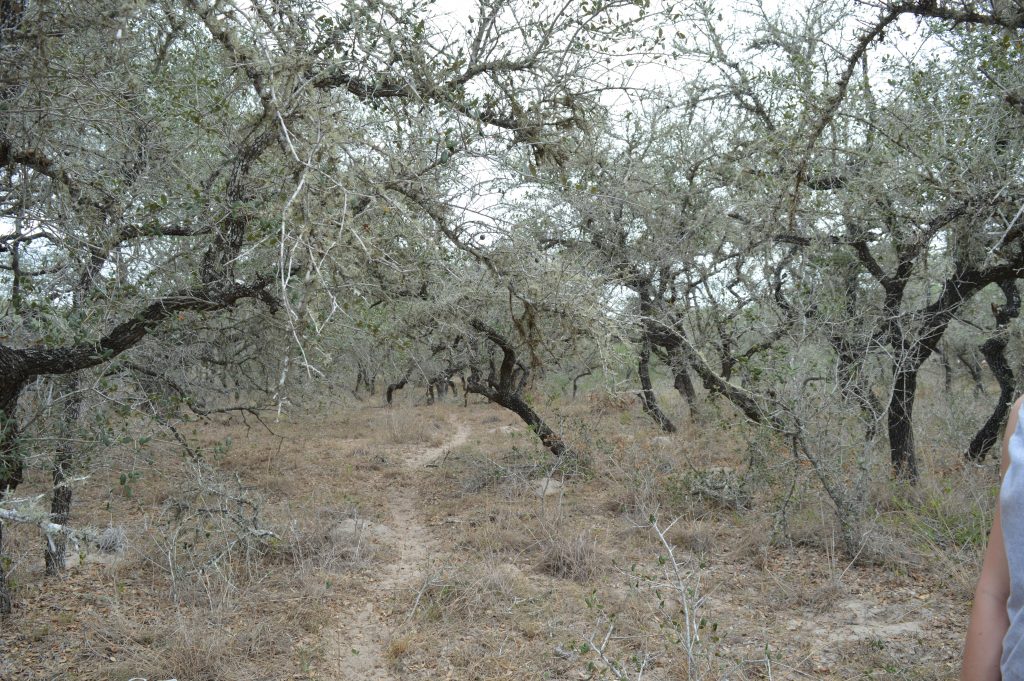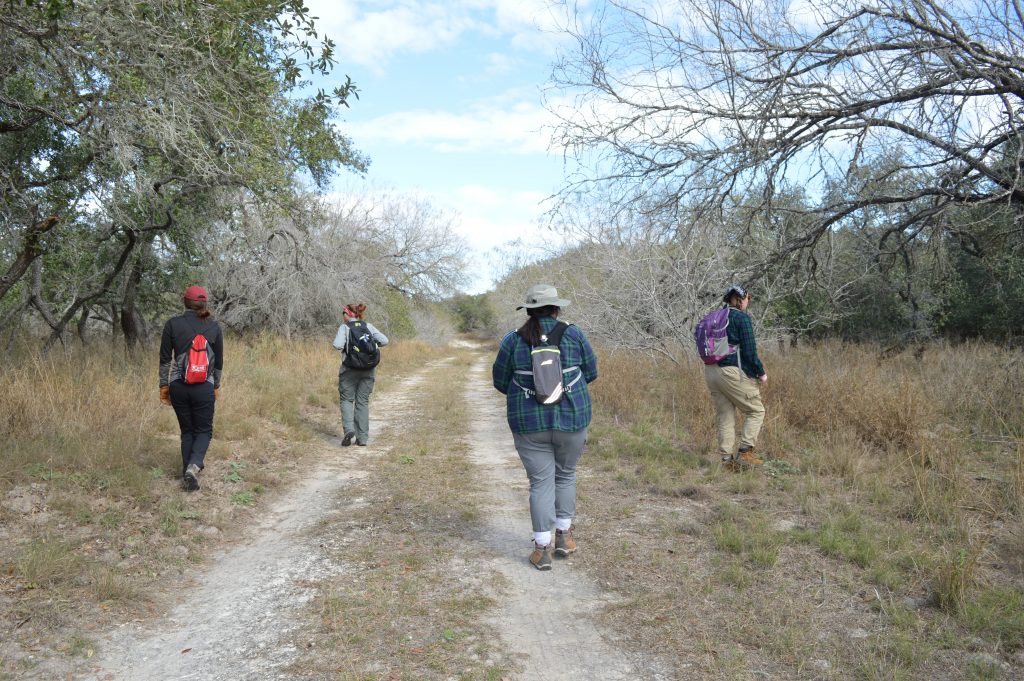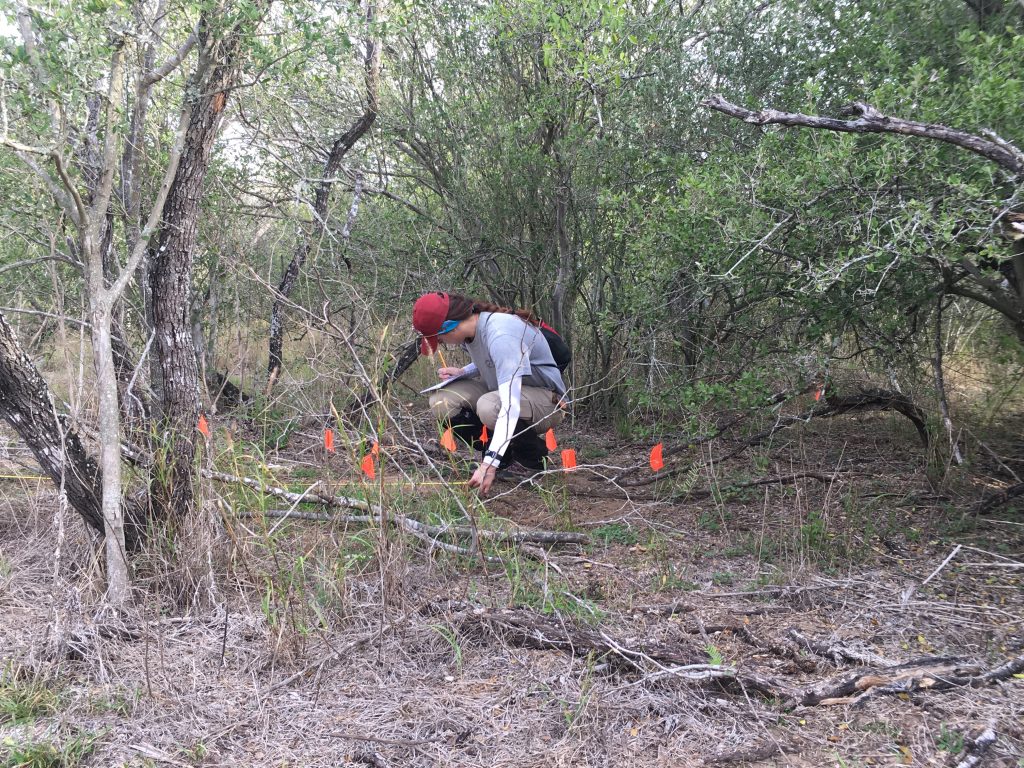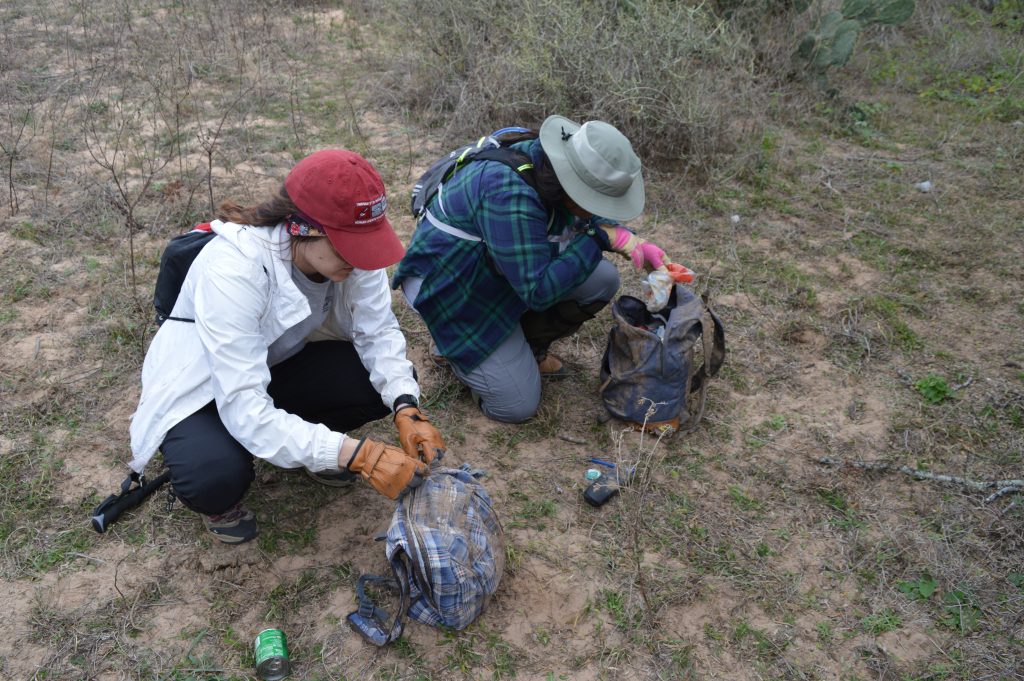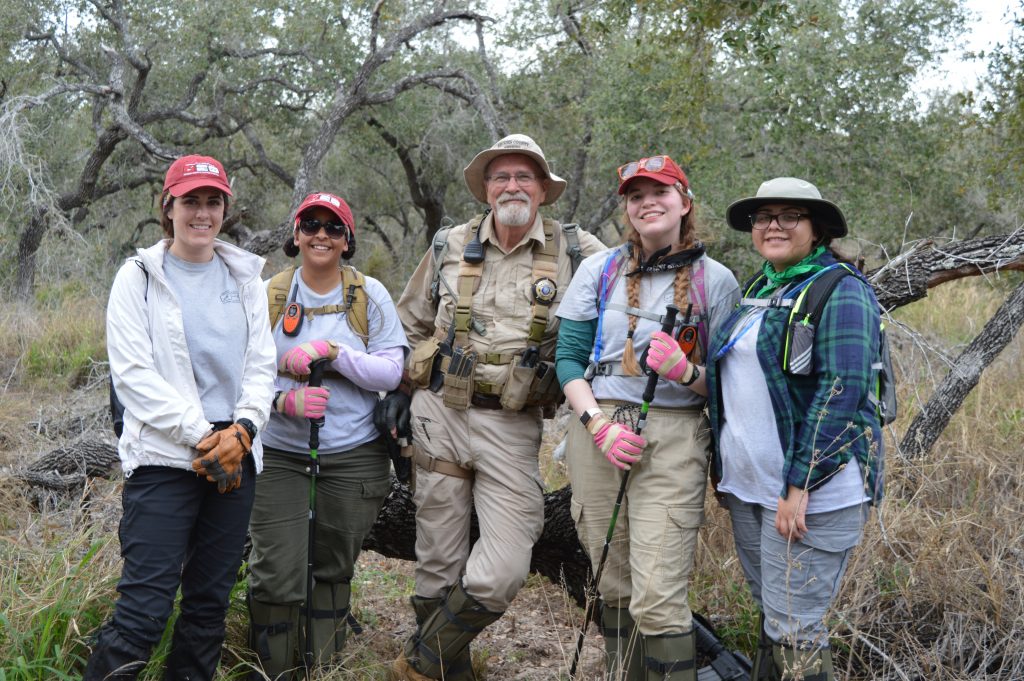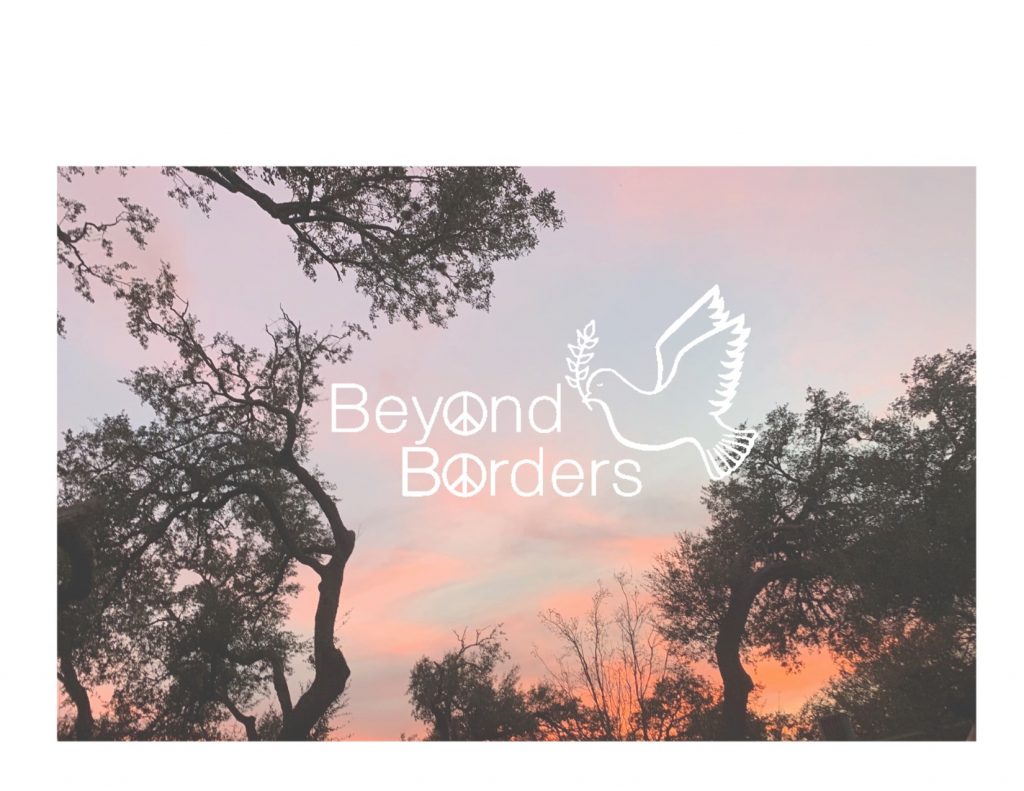There is no quick and easy “fix” to what is happening in the Texas Borderlands. The crisis occurring now is the result of decades of trade, immigration and political policies made and enforced by multiple countries. It is no one person or one politician’s fault. The issues stretch far beyond our borders into Central and South America. They are fueled by poverty, violence, fear and hate. Yet, it’s easy if you are geographically, financially or socially separated from the border to ignore what is happening. It’s easy to rationalize or to blame when it does not directly impact you.
There are multiple goals to the humanitarian science missions of the Beyond Borders team, one of which is global citizenship. Global citizenship is an awareness and understanding of the wider world based on empowerment through education and action. Beyond Borders team members take an active role in working with others to promote a sense of common humanity and social responsibility. Part of that is experiencing and understanding the feelings of another person. These missions allow them to literally walk in another person’s shoes. Whether that be the migrant who was forced from their home on a dangerous journey, the human rights activist working towards policy change, the law enforcement officer giving everything to save the living and recover the dead, the rancher who is skeptical of strangers in their yard, the mother who has just realized her son is likely dead, the community member navigating a crisis they did not ask for or the college student unaware of their own place of privilege in society.
Another goal is the practical application of forensic skills. Whether it’s the orienteering and observational skills associated with a search, the archeological technique required of an exhumation, or the osteology and mapping expertise entailed by a surface recovery. Many of these are skills the team members arrive with, having learned and honed them during forensic casework in the Midwest. However, in the Texas Borderlands they really see the importance of skills like communication and teamwork. When conducting a line search in thick brush it’s imperative that you not only keep eyes on your teammates but that you make sure they know exactly where you are and what you are doing. The success of the mission hinders on organization and efficiency. If a team member were to wander or get lost, the time it takes to find them takes away from the time devoted to the search. Teamwork not only involves working well together as a team but realizing that the mission is more important than your individual wants. While each member is eager to learn and get opportunities, it’s when you stop being short sighted about what you want and realize the team is only as strong as its weakest member that this is accomplished. Making sure everyone is learning or refining all the various skills and tasks, rather than doing what you like the best, makes for a very strong team.
The experiences the team had this mission in Brooks County and the powerful reflections they have posted the last few days demonstrate this team has accomplished and learned so much. We built, repaired and/or filled approximately 70 miles of water stations, met with family members of the missing, cleared about 20 miles of brush during line searches, assisted local law enforcement and border patrol with recovery operations, and contributed to policy change. We accomplished our goal of volunteering our forensic skills towards a large scale migrant recovery and identification initiative. But, equally important, I watched four students grow in powerful ways over our time in Brooks County. They learned that in certain situations it is better to listen then speak, that personal minor discomforts are temporary and in no way comparable to what many are facing in the borderlands, that building meaningful relationships can be as important as skills in helping you achieve your goals, that looking out for you team can help you accomplish more than just looking out for your best interests, that you should not judge until you hear the whole story, that small efforts are what eventually bring about big changes and that walking in another’s shoes can be life changing.
While we emphasize that this is about the crisis at our border and the lives it impacts, not about us. We must also recognize that change cannot happen unless there are people who will advocate for it. “Just as ripples spread out when a single pebble is dropped into water, the actions of individuals can have far-reaching effects.” You must chose whether those ripples work for the common good or continue to complicate the situation. I’ve witnessed both. But I feel confident this team will continue to strive for social justice while being cognizant of the far reaching impacts of their actions, and will be the change they wish to see in the world.
Thank you for following our journey this trip. If you wish to support any of the volunteers we mentioned in the blog please follow the hyperlinks to the appropriate pages: Beyond Borders Team, South Texas Human Rights Center or Remote Wildlands Search and Recovery (Don White).
~KEL
